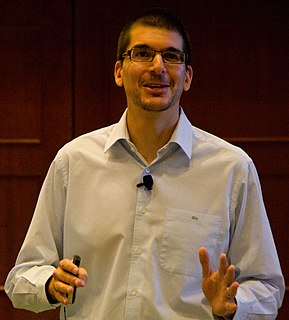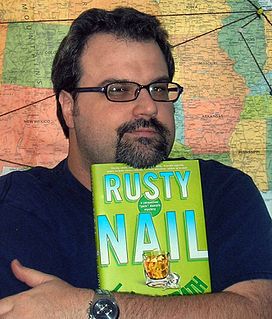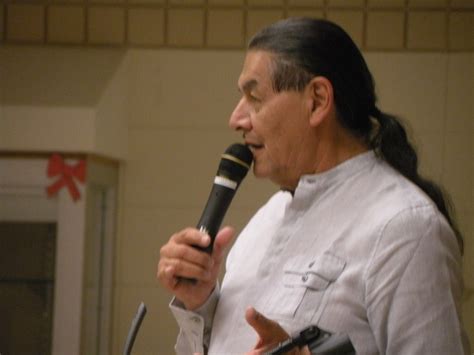A Quote by Jennifer Gilmore
I think publishing's strength is also its weakness. It's got such a rich and celebrated history as an industry. For the most part, publishing people are incredibly creative, business is done based on the strength of relationships, and the product being peddled is books.
Related Quotes
You need to be naive enough to do things differently. No big publishing house would have allowed us to co-create a fully designed, four color business book in landscape format - because it was contrary to the publishing industry logic. However, we thought of Business Model Generation as a product, not just a book - similar to Apple products.
We are born male. We must learn to be men. Remember, strength is a force. It is an attribute of the heart. Its opposite is not weakness and fear, but confusion, lack of clarity, and lack of sound intention. If you are able to discern the path with heart and follow it even when at the moment it seems wrong, then and only then are you strong. Remember the words of Tao te ching. "The only true strength is a strength that people do not fear." Strength based in force is a strength people fear. Strength based in love is a strength people crave.
Publishing is not evolving. Publishing is going away. Because the word "publishing" means a cadre of professionals who are taking on the incredible difficulty and complexity and expense of making something public. That's not a job anymore. That's a button. There's a button that says "publish," and when you press it, it's done.
Weakness and strength are necessary for balance. No one or nothing is only weak or only strong. But some of us overlook our weaknesses, and even deny that we have them. That can be dangerous, because denying there is a weakness is in itself a weakness. Likewise, accepting that we have weaknesses becomes a strength. And by the same token, overestimating strength is a weakness. You should not be blinded by your strengths. The feeling of strength is not the same as having strength. Neither should you ignore your weaknesses. Know them well, too.
Publishing is the only industry I can think of where most of the employees spend most of their time stating with great self-assurance that they don't know how to do their jobs. "I don't know how to sell this," they explain, frowning, as though it's your fault. "I don't know how to package this. I don't know what the market is for this book. I don't know how we're going to draw attention to this." In most occupations, people try to hide their incompetence; only in publishing is it flaunted as though it were the chief qualification for the job.






































